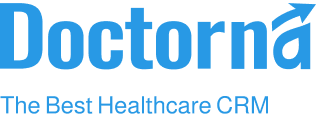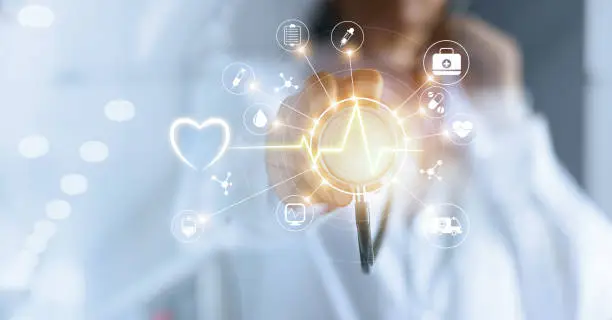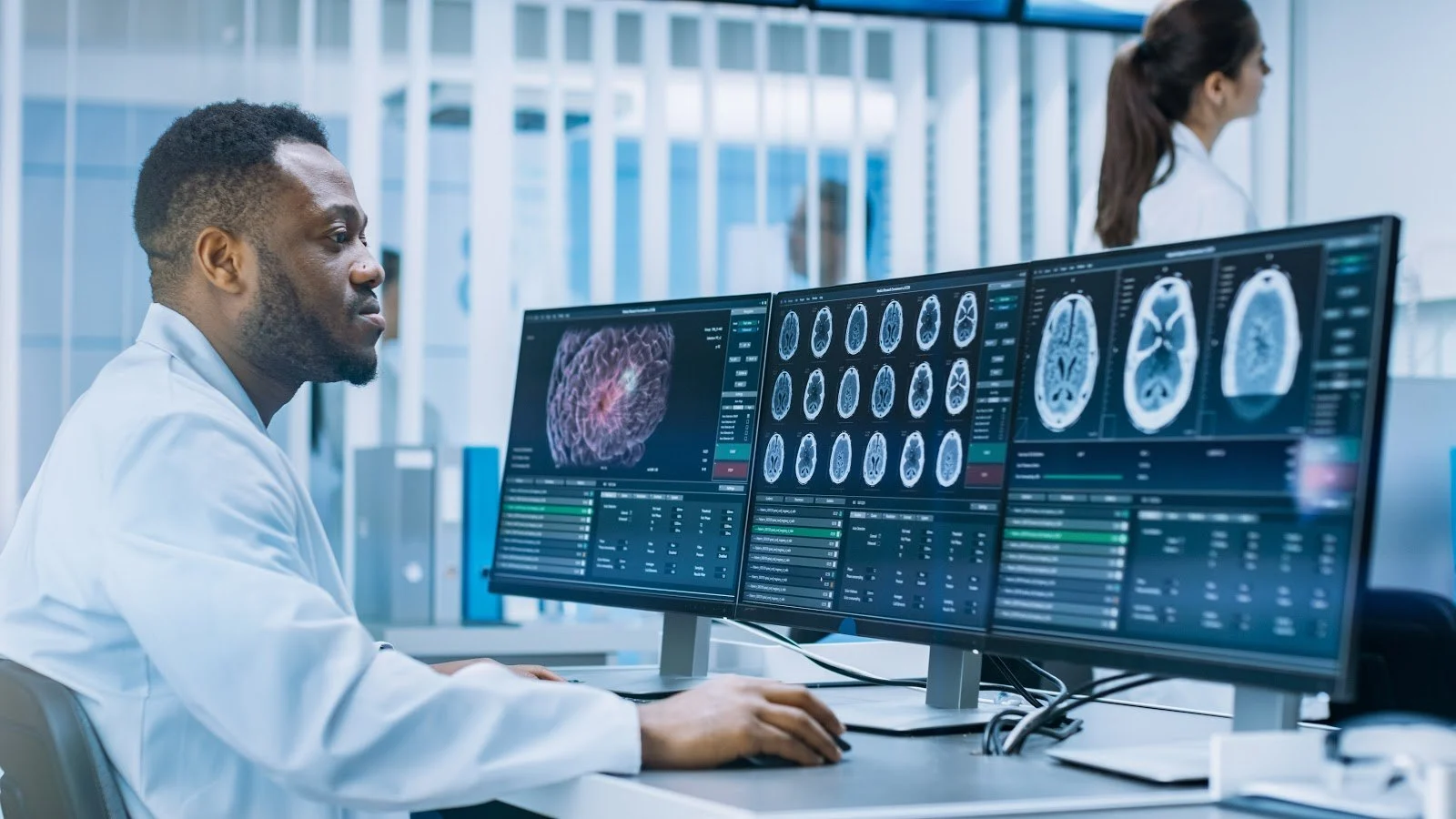In today’s rapidly evolving healthcare landscape, digital transformation is reshaping the way providers deliver care, interact with patients, and manage operations. From telehealth to AI-powered diagnostics, technology has become the foundation of modern healthcare. Among the digital tools driving this revolution, Customer Relationship Management (CRM) systems stand out as one of the most powerful and transformative solutions. A healthcare CRM is no longer just a tool for managing patient information—it’s the backbone of personalized, efficient, and data-driven healthcare.
This blog explores why CRM is the future of digital health transformation, how it empowers healthcare organizations, and what trends will define its growing role in the years to come.
1. The Shift Toward Patient-Centric Care
The healthcare industry is moving away from a provider-centered model to one that prioritizes patient experience and engagement. Today’s patients expect the same level of personalization, convenience, and responsiveness they receive from leading brands in other industries. Healthcare CRM systems make this possible.
A CRM platform consolidates all patient touchpoints—from appointment scheduling and treatment plans to feedback and follow-ups—into a single, unified system. This holistic view enables healthcare providers to deliver personalized communication, targeted health campaigns, and continuous engagement throughout the patient journey.
For instance, a patient managing diabetes could receive automated reminders for follow-up visits, educational content on lifestyle management, and real-time alerts for medication refills—all tailored to their health profile. This shift not only improves outcomes but also enhances patient loyalty and trust.
2. Centralized Data for Smarter Decision-Making
Healthcare generates enormous volumes of data daily—from electronic health records (EHRs) and lab results to wearable device metrics and patient feedback. However, without proper integration, this data often remains fragmented across departments and systems.
A robust CRM bridges these data silos by centralizing information into one platform. Through data analytics and AI integration, healthcare organizations can identify patterns, predict patient needs, and optimize resource allocation.
For example, CRM dashboards can highlight which patients are at risk of missed appointments, which demographics need preventive care outreach, or which marketing channels bring in the highest patient engagement. These insights allow healthcare providers to make informed, data-driven decisions that improve efficiency, reduce costs, and enhance care quality.
3. Seamless Communication Across the Care Continuum
One of the biggest challenges in healthcare is maintaining consistent and clear communication between providers, staff, and patients. Missed messages or miscommunication can lead to poor patient satisfaction or even medical errors.
CRM systems streamline communication by integrating multiple channels—emails, SMS, chatbots, and patient portals—into one cohesive framework. Automated reminders, instant notifications, and real-time updates ensure that patients are always informed and connected.
On the internal side, CRM solutions enable collaboration among healthcare teams, ensuring that doctors, nurses, and administrative staff work from the same updated information. This coordinated approach leads to faster responses, better care continuity, and fewer administrative errors.
4. Enhancing Telehealth and Remote Patient Monitoring
As telemedicine and virtual care continue to grow, healthcare CRM systems play a vital role in supporting these digital channels. A CRM platform can manage telehealth appointments, patient follow-ups, and remote monitoring data, making it easier for providers to track and support patients outside traditional clinical settings.
By integrating with wearable devices and health tracking apps, CRM software allows providers to monitor vital signs, adherence to treatment plans, and progress toward recovery in real-time. When an anomaly is detected—such as abnormal heart rate or blood sugar levels—the system can automatically trigger alerts, enabling timely intervention.
This fusion of CRM with telehealth technologies creates a proactive healthcare model, where prevention and early intervention take priority over reactive treatment.
5. Personalized Marketing and Patient Engagement
Healthcare marketing has evolved beyond general awareness campaigns. Modern healthcare organizations are leveraging CRM-driven marketing automation to reach patients with personalized, data-backed communication.
By segmenting patients based on demographics, health conditions, and behavioral patterns, CRM systems allow clinics and hospitals to deliver the right message at the right time. For example, pediatric clinics can remind parents about vaccination schedules, while dental clinics can re-engage inactive patients with check-up reminders or promotional offers.
This kind of precision marketing not only increases patient retention but also builds stronger, long-term relationships—turning patients into advocates for the healthcare brand.
6. Integration with Emerging Technologies
The future of healthcare CRM lies in its ability to integrate seamlessly with emerging technologies like artificial intelligence (AI), machine learning (ML), predictive analytics, and the Internet of Medical Things (IoMT).
AI-powered CRMs can automate repetitive administrative tasks, analyze patient sentiment from feedback, and even predict future healthcare needs. Machine learning algorithms can identify early signs of chronic disease progression or patient dissatisfaction, enabling providers to intervene before issues escalate.
Moreover, as IoMT devices become more common, CRM platforms will increasingly act as data hubs, connecting patient-generated data from wearable devices, mobile health apps, and smart home equipment to clinical systems.
This convergence of CRM and advanced technology will make healthcare smarter, faster, and more personalized than ever before.
7. Compliance, Security, and Trust
Data privacy and compliance are top priorities in healthcare. Modern CRM systems are designed with robust security frameworks that ensure HIPAA, GDPR, and regional data protection compliance.
Encryption, access control, and audit trails safeguard patient data from unauthorized access. Beyond security, transparency in data usage helps build patient trust—a crucial factor in sustaining long-term digital engagement.

Final Thoughts
CRM is not just a tool—it’s a catalyst for digital health transformation. By unifying patient data, enabling personalized engagement, and integrating with cutting-edge technologies, CRM systems are redefining how healthcare organizations operate and connect with patients.
As digital health continues to evolve, the role of CRM will only become more critical. It will empower providers to move from reactive care to proactive, predictive, and personalized healthcare—where every patient feels seen, supported, and valued.
In essence, the future of digital health will be data-driven, patient-centered, and powered by CRM. Healthcare organizations that embrace this transformation today will lead the way toward a more connected, efficient, and compassionate tomorrow.







